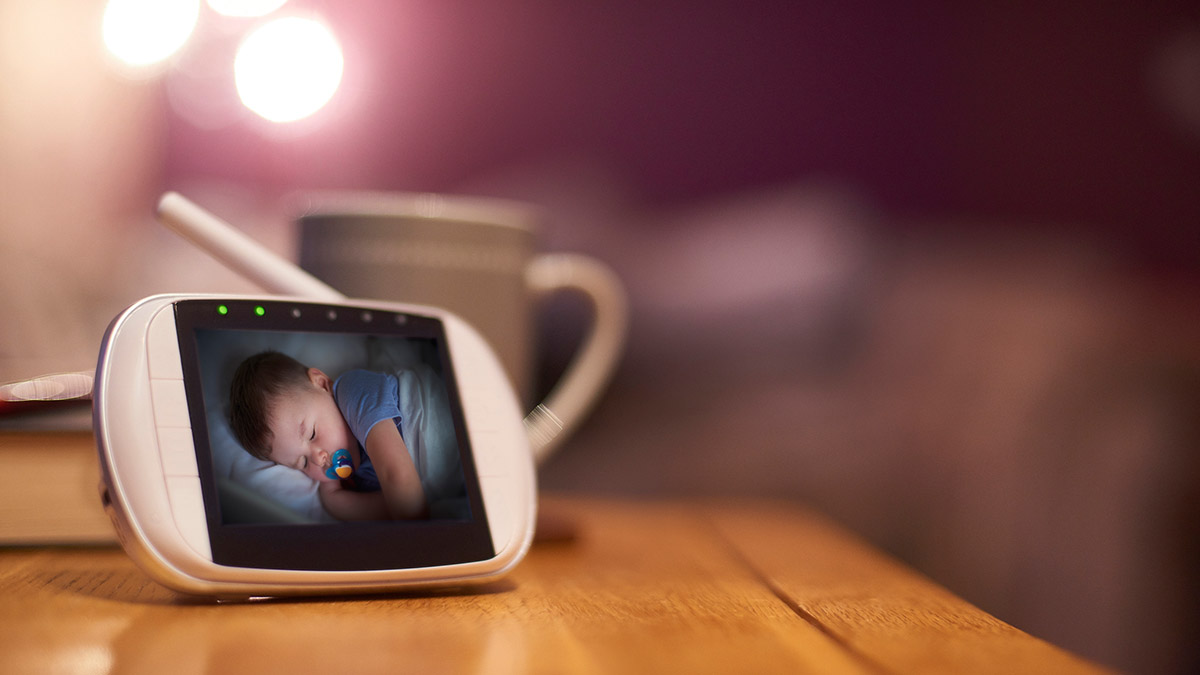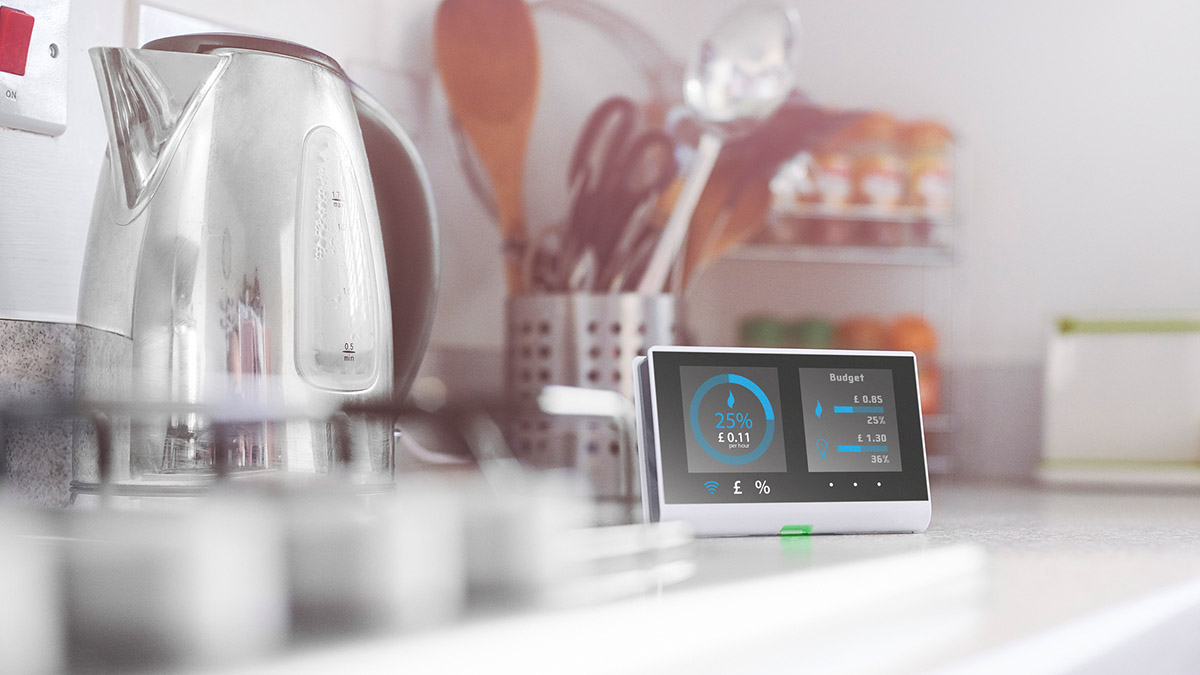Did you know your Christmas gift can spy on you?
Gifting the latest gadgets for Christmas may seem like a good idea, but how do you know you’re not buying your loved ones something that will spy on them?

Almost all devices that have a camera, a mic, and an internet connection can be hacked and open the doors to your private life. Before you go on a shopping spree, have a look at our list of gifts that might compromise your security.
Facebook Portal
Facebook’s new Portal device is a handheld/tabletop tablet that was designed to enhance your voice call experience. It has built-in cameras that will follow users around the room, letting them catch up with their loved ones while cooking or playing with kids in the living room.
Can your loved ones trust the Facebook Portal with their privacy? Facebook has made headlines over and over again. The Cambridge Analytica scandal, security breaches and recently leaked employees’ emails should all make you doubt the privacy features of a device with a built-in camera that follows you everywhere.
Facebook claims that Portal was designed with security in mind. To prove it, they decided to provide each user with a separate webcam cover. Could this be a tacit acknowledgment that even their new invention could be susceptible to webcam hacking?
Voice-activated home assistants
The Amazon Echo Dot or other home assistant speakers that use voice recognition software are also questionable gifts. They might tell you the weather or play a song without you even lifting a finger, but they can also secretly listen to your conversations.
The Echo Dot’s Alexa became infamous after she recorded a private conversation and then accidentally sent it to a random person. Amazon says that Alexa only listens to you when she’s activated by voice command, but if that’s true, why did she become a ‘witness’ in a double murder case?
Webcams

Cybercriminals can hack into unsecured computers and film their users without any consent. One phishing attack exposed hundreds of Australians through their webcams. We know that computers carry certain risks and that we should cover our cameras, even if it’s only with tape. However, we tend to forget that less-advanced devices also have webcams that are even easier to hack
A baby monitor for your cousin and her newborn child or a pet tracker for a friend who loves flooding social media with photos of her dog. All of these devices have built-in cameras and can be controlled from the comfort of a smartphone. Unfortunately, the majority of them come with default security passwords and can be hacked in a matter of minutes.
Smart TVs
As if tracking your viewing habits and sending them to TV manufacturers and advertisers wasn’t bad enough, hackers can now break into your TV and suddenly change the channels or turn up the volume. This shouldn’t come as a surprise considering that smart TVs run on basic processors and have very little room for cybersecurity features.
The CIA and MI5 have also found a use for smart TVs. They designed malware to infect your smart TV, record your conversations, and use the built-in camera to spy on you. They’ve even managed to make it so your TV seems to be off while they do so.
Let’s not forget that tools developed by security organizations like the NSA have previously been stolen. They were then used by hackers in the WannaCry and NotPetya ransomware attacks, which crippled thousands of devices worldwide.
Smartphones
Not only can smartphones track your location, some can also record your private conversations too.
Numerous users have noticed that conversations about a new dress or a new holiday destination resulted in targeted ads across several social media channels. Facebook and Instagram haven’t confirmed that such techniques are used and say that this might be a pure coincidence. However, that wouldn’t be the first time social media giants secretly collected your data behind your back.
Smart home devices and IoTs

Christmas might seem like the perfect time to make your home even smarter and splurge on the Internet of Things (IoT). The IoT consists of devices that can connect to the internet but typically are not expected to do so. These include coffee makers that prepare you a cup of coffee before you even leave your bed or thermostats that heat your house before you get home. All these devices can be controlled remotely from your smartphone.
Although they are designed to make your life easier, they also carry many risks. IoTs weren’t developed with security in mind, which means they are excellent malware hosts and can easily be hacked into.
They might not be able to spy on you the same way a smart TV or a voice-activated speaker can, but they can help hackers to toy with your home appliances (sometimes with expensive or deadly consequences):
- Ovens can be turned on at any time;
- Thermostats can be turned up or down, freezing your pipes in the winter or heating your home in the summer;
- Refrigerators can also be turned off while you’re away, leaving you with a pool of melted ice.
These devices store a lot of data about your life and your habits. This information can help local hackers determine whether you are home or not so they know when to break in.
Fitness trackers and other wearables
Step counters, fitness trackers and smartwatches could be perfect gifts for fitness enthusiasts. It might appear that they don’t collect that much data or that the data isn’t significant – “Who cares how many steps I take a day?’
The truth is that these wearables track more than just your steps. They can log the frequency and the types of activities you take, your location, your sleeping habits, etc. In the wrong hands, such information can lead to a robbery or an assault. In one case, wearable fitness devices even revealed the locations of secret military bases.
How to protect yourself
Most of these gifts carry a lot of security concerns, so the easiest way to protect yourself would be not to buy them at all. However, we understand that this can sometimes be unrealistic, and some of them can improve the quality of your life.
Here’s a list of things you can do to minimize the risks of being spied on by these naughty devices:
- If you are not using it, mute it or turn it off.
- Regularly erase any records of your activities.
- Never save your passwords or credit card details on IoT devices.
- Change the factory passwords to more secure ones.
- Turn off any tracking features.
- Keep your software and firmware updated.
- Use webcam covers.
- Turn off voice recognition.
- Use NordVPN on up to 10 devices! (You cannot set a VPN on IoTs, webcams or smart TVs, but you can set it up on your router to protect all devices connected to your network).
Don’t let anyone spy on you this Christmas. Use NordVPN.